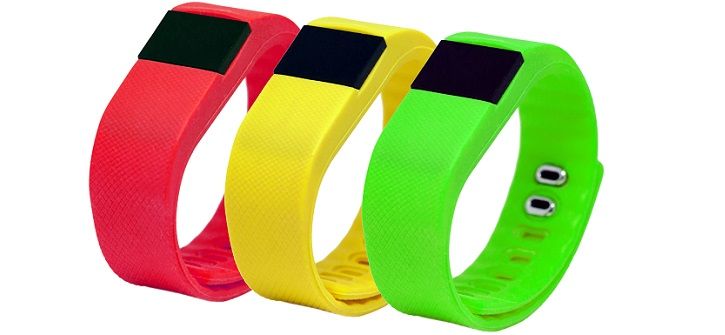The End of Jawbone
Wearables just might not have the appeal and sustainability once thought, if the fall of one of the market’s earliest stars is any indication. Today, it was reported that Jawbone was liquidating itself.

Jawbone, launched in 1999, was among the first companies to enter what is an increasingly crowded market of wearable Bluetooth devices that kept consumers connected to their phones and informed on their vitals. Today, it is being reported that the company will be no more.
According to The Information, Jawbone is liquidating itself. Last May, Jawbone sold its entire inventory of consumer-grade products to a third party and planned to focus on clinical-grade products. Its founder, Hossain Rahman, will maintain that mission: he has started a new company called Jawbone Health Hub to make some as-yet-unknown clinical hardware and software.
The company, which was once valued at $3 billion as recently as 2015, rode quite the tech-startup roller coaster. The mission it would consistently allude to in job listings was “We make products that delight users, disrupt markets, and redefine ‘the everyday’.” It blossomed with Bluetooth headsets, raised enormous amounts of money, pioneered the health wearable field, and expanded into a well-received line of Jambox wireless speakers.
That speaker line was sold off last year amidst a widely-reported string of stumbles and layoffs. The Verge reported that in January, the company stopped providing customer support via social media, angering longtime wearers, but perhaps signaling Jawbone’s impending exodus.
For years, it has alleged that competing maker Fitbit stole its trade secrets and infringed on its patents. Former Jawbone employees who moved to Fitbit allegedly took with them hundreds of thousands of files. Fitbit itself isn’t exactly soaring at the moment: its stock price plummeted from nearly $17 last September to half that number in early November, and has slowly trailed down to about $5. Two years ago, it was trading well over $45.
The decline in the “traditional” wearable market may or may not correspond somewhat with the entrance of smartwatches, particularly Apple’s, integrated with the most ubiquitous mobile phones yet still capable of delivering basic health metrics. No one could ever check their email on their Jawbone UP. Apple Watch sales themselves, however, have still underwhelmed, despite it now being the market leader in the category.
“Unlike other device categories, wearable devices have struggled to gain traction beyond early adopters,” Tech Crunch wrote of the phenomenon in December. Wearables just might not have the appeal and sustainability once thought, if the fall of one of the market’s earliest stars is any indication.
“The whole mission is to give people a better life,” Rahman told Fortune of his company in 2015. Now, with his new Jawbone Health Hub endeavor, he will perhaps pursue that further, but he won’t be selling that life straight to consumers anymore.
Children’s hospitals face complex challenges dealing with disasters
April 18th 2025Pediatric hospitals deal with different factors in weather-related events and other emergencies. Terri Wilson of the Children’s Hospital Association talks about the challenges and the need for more planning and support.
Telehealth faces a looming deadline in Washington | Healthy Bottom Line podcast
February 12th 2025Once again, the clock is ticking on waivers for telemedicine and hospital-at-home programs. Kyle Zebley of the American Telemedicine Association talks about the push on Congress and the White House.